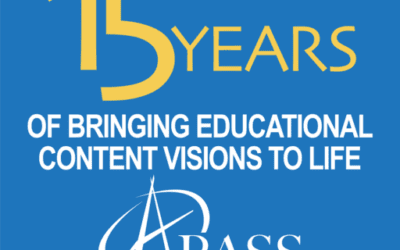In today’s fast-paced educational landscape, content development is more critical than ever before. However, creating high-quality, engaging content can be time-consuming and challenging—especially for small teams or organizations with limited resources.
This is where fractional support can be a valuable asset. Fractional support involves hiring a project-based contractor or vendor, which allows organizations to access expertise and skills without having to hire a full-time employee. In the context of educational content development, fractional support can offer several potential benefits:
- Specialized Expertise:
Fractional support allows organizations to tap into the knowledge and skills of experienced professionals specializing in educational content development. This expertise can be particularly valuable for creating engaging, effective content that aligns with specific learning objectives.
- Cost-effectiveness:
Hiring fractional support can be a cost-effective solution compared to hiring a full-time employee. Organizations can access expertise on an as-needed basis, avoiding the costs associated with recruitment, benefits, and overhead.
- Flexibility and Scalability:
Fractional support provides flexibility and scalability in terms of workload and project duration. Organizations can adjust the engagement level based on their needs, scaling up or down as required. This flexibility can be particularly useful for seasonal or project-based content development initiatives.
- Fresh Perspectives:
Bringing in a fractional support professional can infuse new ideas and perspectives into the content development process. This fresh perspective can help organizations innovate and stay competitive in the ever-evolving education sector.
- Time Savings:
By outsourcing content development tasks and using a fractional support professional, organizations can free up their internal resources to focus on core competencies. This time savings can translate into increased productivity and efficiency.
Conclusion
Hiring fractional support for educational content development can offer numerous benefits for organizations looking to create high-quality, engaging content. By tapping into specialized expertise, achieving cost-effectiveness, gaining flexibility, incorporating fresh perspectives, and saving time, organizations can position themselves for success in today’s competitive educational landscape.

Andrew Pass
Founder and Visionary




